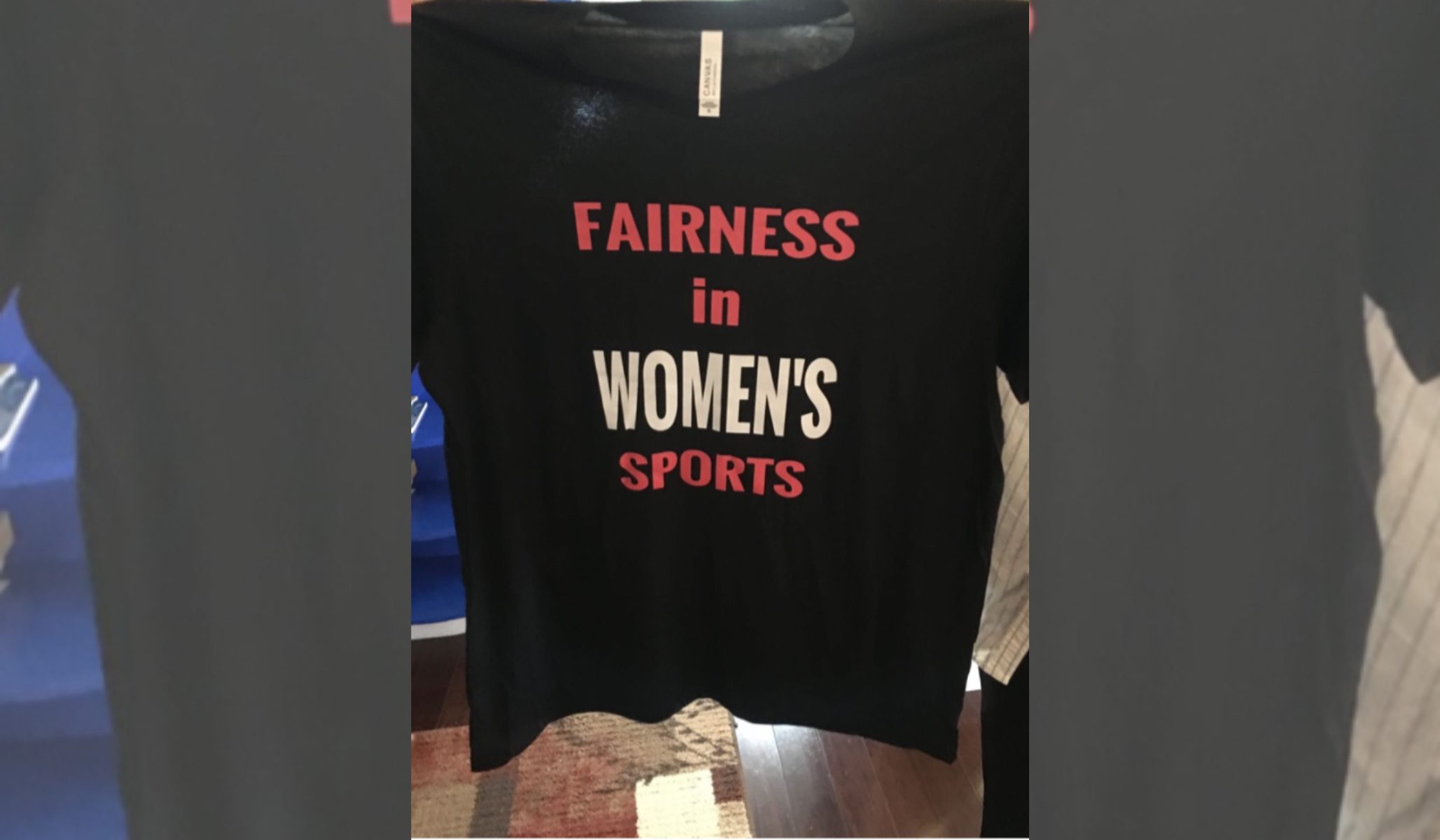


World Athletics, the governing body for international competitions such as cross country and track and field, announced Thursday that no transgender athlete who has gone through male puberty will be permitted to compete in female competitions starting March 31.
The decision was a victory for the many female athletes who have campaigned for their sports to adopt a fair position on the issue. National Review spoke with Cynthia Monteleone, an American woman who is competing in a World Masters Athletics running championship this weekend in Poland.
Monteleone’s first experience facing a transgender woman was at a 2018 meet in Spain. When she realized one of her competitors had been born male, she started to raise concerns.
“Nobody would answer my questions. The officials were very concerned about it, the European officials, but when I brought it up to Team USA management, they just swept it under the rug and later down the line even went as far as to say that for my own safety, I should keep my mouth shut, which I didn’t,” Monteleone said.
This weekend she was expected to compete against a different trans athlete, Valentina Petrillo, who has won eight gold medals competing in women’s events.
Though Monteleone is reigning champion in the 400 race, she decided to not enter the event for the upcoming tournament because she would have had to compete against Petrillo.
“Even if I won the gold medal again, because I’m the defending world champion, it would not mean
anything to me because I can’t place value in this medal that allows an unfair competition,” Monteleone said.
When news broke of the World Athletics ban, Monteleone told National Review that Petrillo had withdrawn from the event in response.
WMA is a governing body partnered with World Athletics and regulates events for athletes over the age of 35. National Review asked WMA if the body planned to diverge from World Athletics’s new policy in any way, but the organization did not respond by press time.
Prior to Thursday’s ban, World Athletics required transgender women to reduce their amount of blood testosterone to a certain maximum, and stay under this threshold continuously for a period of 12 months before competing in the female category. Those rules will now be paused while a working group is set up to further study the issue, the BBC reported.
The ban was a vindication of Monteleone’s view that a person’s physical characteristics do not boil down to just testosterone.
“Women are not a testosterone number….Male bodies have larger hearts, they have greater lung capacity. They have larger bones, greater muscle mass, years of testosterone,” Monteleone explained.
The move from World Athletics follows other sporting bodies banning transgender athletes from women’s events. Last summer, FINA — swimming’s world governing body — moved to similarly restrict the participation of transgender women, the Guardian reported. Women in a number of different sports have raised the alarm that they are being treated unfairly.
A female cyclocross national champion recently quit over the sport’s transgender policy. Female powerlifters say transgender women are taking over their sport. And just last weekend, a transgender woman secured first place at an amateur cycling event in New York.
Supporters of transgender athlete inclusion have been furious at decisions to restrict transgender athletes from participating. BBC reported that Olympic diving champion Tom Daley said: “Anyone that’s told that they can’t compete or can’t do something they love just because of who they are, it’s not on.”
World Athletics felt it was necessary to make this move now but will continue to evaluate the issue.
“We’re not saying no forever” explained World Athletics president Lord Sebastian Coe to the BBC.
“Decisions are always difficult when they involve conflicting needs and rights between different groups, but we continue to take the view that we must maintain fairness for female athletes above all other considerations,” added Coe.
“We will be guided in this by the science around physical performance and male advantage which will inevitably develop over the coming years. As more evidence becomes available, we will review our position, but we believe the integrity of the female category in athletics is paramount,” he said.
The governing body also decided to reduce the amount of blood testosterone permitted for athletes with differences in sex development, an example of which is South Africa’s Caster Semenya.
Monteleone has pursued fairness in her sport in several different ways. She and others organized hundreds of emails to be sent to the WMA president.
She has even had to confront confront this issue on behalf of her children. When Monteleone’s daughter lost a high school race against a transgender athlete, Monteleone filed a civil rights complaint with the Department of Education.
“It’s still being investigated,” Monteleone explained, adding that this kind of thing is “happening
all the time, left and right, [in] all kinds of places.”
Since she is not competing Sunday in the 400, Monteleone and roughly 30 others plan to attend wearing shirts reading: “Fairness in Women’s Sports.”
